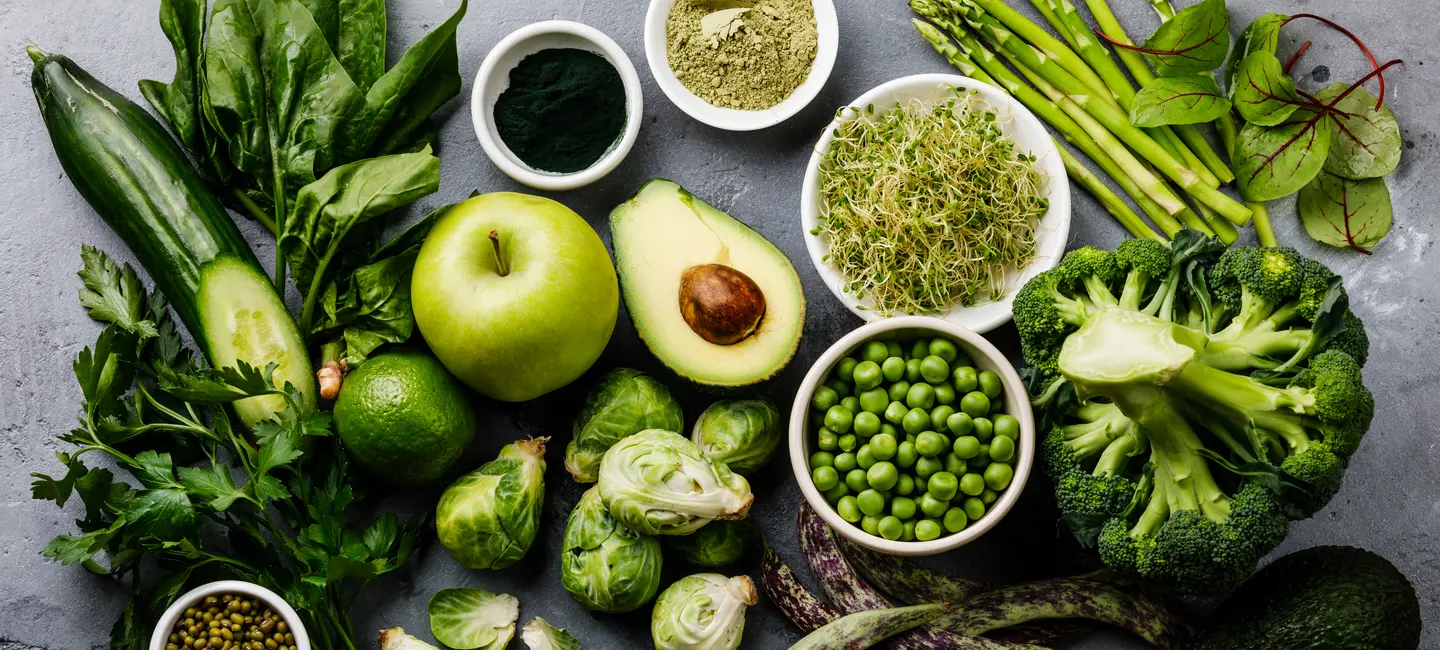
The low oxalate diet is a diet that limits oxalate-rich foods. Oxalate is found in most plant-based foods and is common in the diet. When too much oxalate builds up in the kidneys, it can cause conditions like kidney stones.
The low oxalate diet is used for kidney stones and vulvar pain, but there is no good scientific evidence to support its use for any condition.
Is It Effective?
NatMed Pro rates effectiveness based on scientific evidence according to the following scale: Effective, Likely Effective, Possibly Effective, Possibly Ineffective, Likely Ineffective, Ineffective, and Insufficient Evidence to Rate.
- Kidney stones. Some early research shows that eating a low oxalate diet is no better than following another diet called the Dietary Approaches to Stop Hypertension (DASH) diet. Also, some research in healthy adults shows that eating less oxalate does not always lead to less oxalate in the urine.
- Vulvar pain. Early research shows that women with vulvar pain do not have higher levels of oxalate in the urine. But some women with vulvar pain might have less pain after following a low oxalate diet.
- Other conditions.
More evidence is needed to rate the low oxalate diet for these uses.
Is it Safe?
The low oxalate diet reduces the intake of foods that are high in oxalate. Oxalate is a normal part of the diet. But too much oxalate in the urine can cause it to build up and cause conditions like kidney stones. In theory, eating less oxalate should reduce the amount of oxalate in the urine. But some research suggests that the amount of oxalate in the diet doesn't always affect the amount of oxalate in the urine.
The low oxalate diet is LIKELY SAFE when followed appropriately for up to 3 months. No side effects have been reported.
Special Precautions & Warnings:
Pregnancy and breast-feeding: There isn't enough reliable information to know if the low oxalate diet is safe to use when pregnant or breast-feeding. But there is no reason to expect safety issues as long as nutritional needs are met.
It is not known if this diet interacts with any medicines.
Before using this diet, talk with your health professional if you take any medications.
There are no known interactions with herbs and supplements.
There are no known interactions with foods.
The low oxalate diet requires a person to increase water intake and limit intake of foods that are high in oxalate. Oxalate is found in plant-based foods. But online references don't always agree about the oxalate content of most foods. So, it can be hard to figure out which plant-based foods are highest in oxalate.
Low-Oxalate Diet.
Information on this website is for informational use only and is not intended to replace professional medical advice, diagnosis, or treatment. While evidence-based, it is not guaranteed to be error-free and is not intended to meet any particular user’s needs or requirements or to cover all possible uses, safety concerns, interactions, outcomes, or adverse effects. Always check with your doctor or other medical professional before making healthcare decisions (including taking any medication) and do not delay or disregard seeking medical advice or treatment based on any information displayed on this website.
© TRC Healthcare 2024. All rights reserved. Use and/or distribution is permitted only pursuant to a valid license or other permission from TRC Healthcare.
